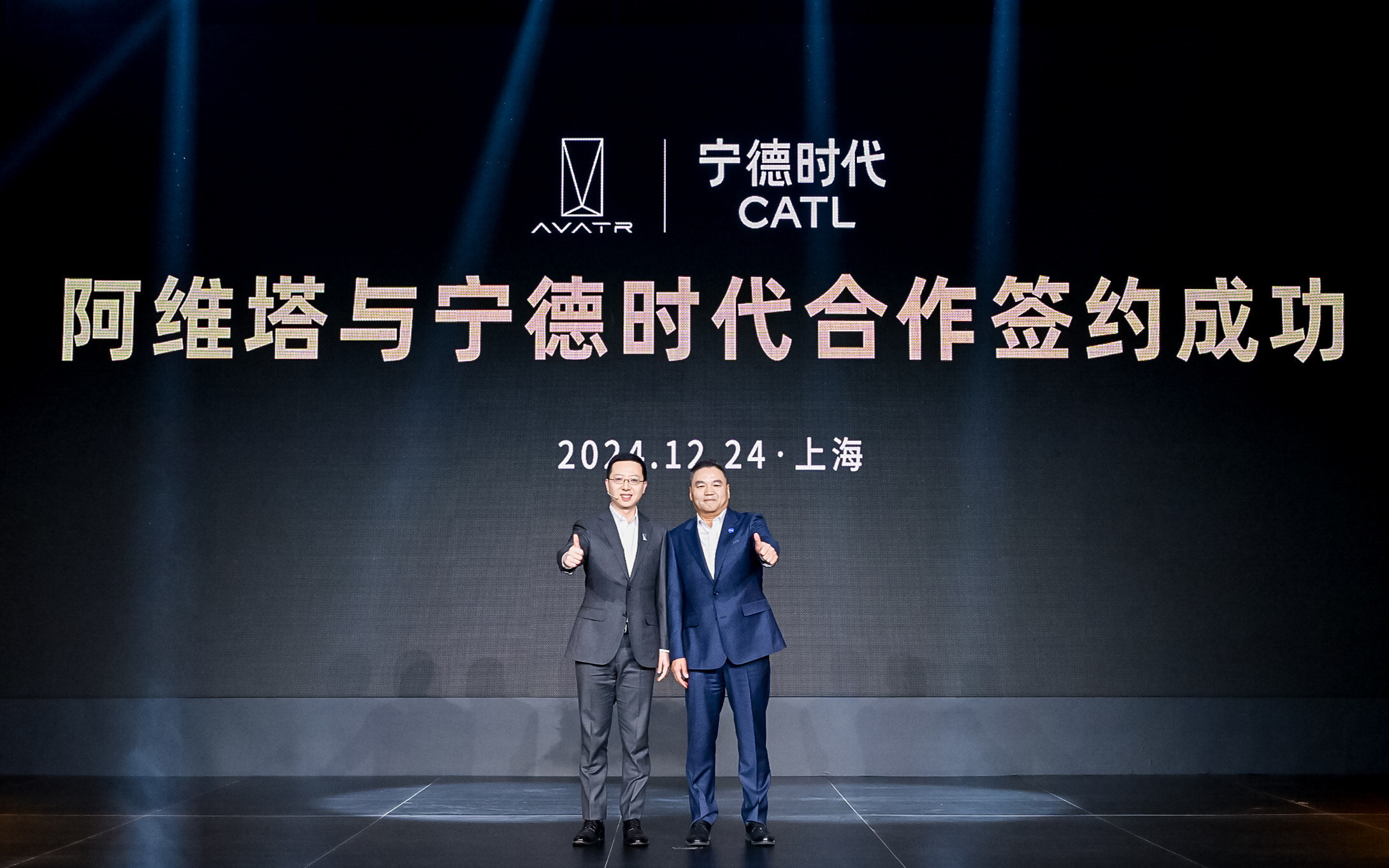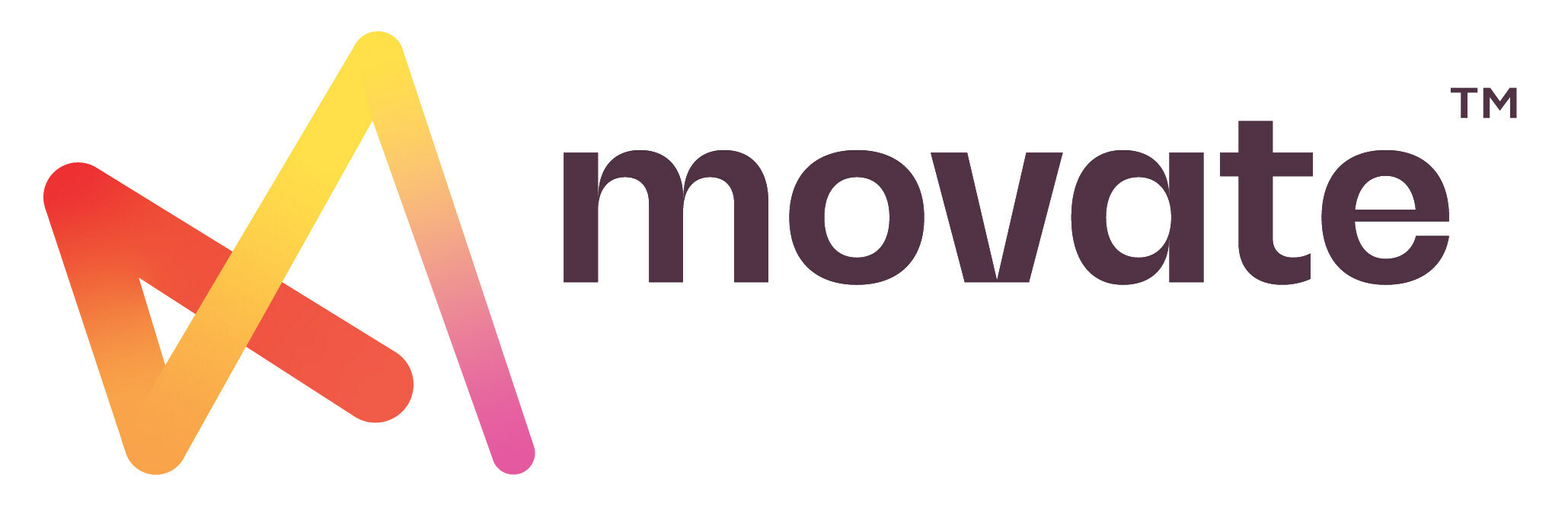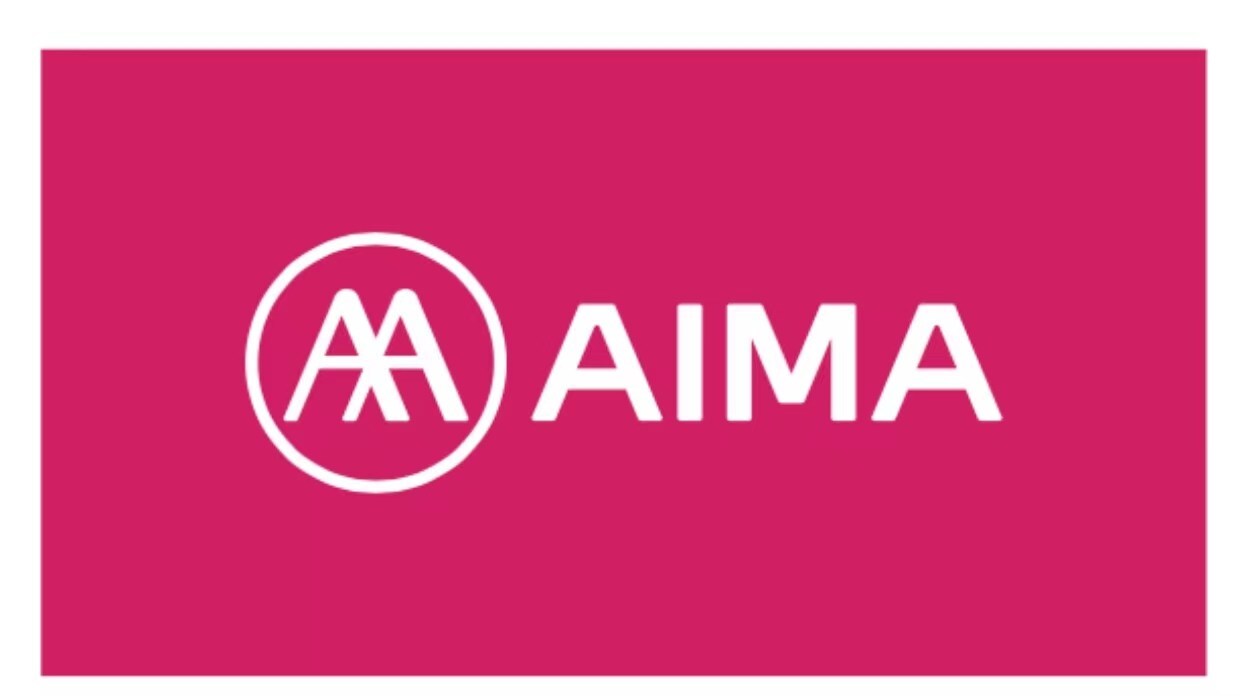The latest study highlights opportunities for businesses to strengthen resilience with artificial intelligence (AI)-driven demand sensing to optimize inventory, realize more value from planning investments, and better serve clients during disruptions of any size.
E2open Releases 2024 Forecasting and Inventory Benchmark Study: Lessons from the Pandemic for Future Resilience
Media Contact:
5W PR for e2open
e2open@5wpr.com
408-504-7707
Investor Relations Contact:
Dusty Buell
dusty.buell@e2open.com
investor.relations@e2open.com
Corporate Contact:
Kristin Seigworth
VP Communications, e2open
kristin.seigworth@e2open.com
pr@e2open.com
E2open Parent Holdings, Inc. (NYSE: ETWO), the connected supply chain SaaS platform with the largest multi-enterprise network, announced today at its annual Connect customer conference the release of its highly anticipated 2024 Forecasting and Inventory Benchmark Study. This in-depth special report provides an extensive analysis of supply chain performance throughout the entirety of the biggest disruption in modern history, the COVID-19 pandemic — offering unique insights that cover the years before, during and after the pandemic’s impact.
This year’s study follows e2open’s 2021 report, which examined the initial influence of the pandemic on global supply chains. Now, with data spanning from 2019 to 2023, the 2024 Forecasting and Inventory Benchmark Study answers key questions that emerged as supply chains around the world navigated the complexities of lockdowns, supply shortages and fluctuating demand. By leveraging real-world data, this report equips businesses that make, move and sell goods with valuable insights to enhance decision-making and build resilience against future disruptions.
Key Findings from e2open’s 2024 Forecasting and Inventory Benchmark Study:
Changes in Consumer Purchasing and Manufacturing Strategies
- At the pandemic’s onset, consumer demand surged, causing a 10% spike in shipments and driving record-high sales per item. However, by 2023, sales growth normalized to just 1% above 2018 levels. To adapt to supply chain constraints, manufacturers streamlined product offerings and focused on fewer, more efficient items. However, the continued rapid pace of product turnover, with one-third churning annually, raises concerns about hidden costs associated with inventory, packaging, and manufacturing changeovers.
Planning Error for Top Movers and the Tail
- The pandemic underscored the disproportionate difficulty of planning for slow-moving items. Planning errors for these "tail" items increased by 21 percentage points—nearly double the 11-point rise for top movers. With 85% of items classified as slow movers, companies experienced significant service issues and profit loss. On the other hand, the top 10% of items accounted for 75% of sales. This highlights an opportunity for businesses to reduce their portfolios and drive greater profitability by focusing on high-performing products.
Forecast Error and the Role of AI to Sense Demand
- Throughout the pandemic, demand sensing technology consistently reduced forecast error by one-third compared to traditional methods, even during the extreme volatility of panic buying. With AI-driven insights, businesses were able to adapt to rapid shifts in consumer behavior and maintain better forecast accuracy, proving the value of real-time data and artificial intelligence in mitigating large-scale supply chain disruptions.
Impact on Inventory Management
- The pandemic emphasized the importance of balancing inventory to avoid overstocking and production inefficiencies. Companies using multi-echelon inventory optimization paired with demand sensing were able to reduce safety stock by 40-50%, enhancing efficiency and risk mitigation during disruption.
“The research enables us to identify specific opportunities to increase resilience, particularly by leveraging AI-driven demand sensing to improve forecast accuracy, manage product assortment, and use multi-echelon inventory optimization to better manage stock levels in volatile times," said Pawan Joshi, EVP of Products and Strategy at e2open. "This year’s Forecasting and Inventory Benchmark Study offers valuable primary research for leaders, economists, and analysts seeking a fact-based assessment on how the pandemic reshaped supply chains. By comparing their performance to the report’s benchmarks, leaders can identify best practices to boost and prepare for future disruptions."
Download the report today at e2open.com to learn how to build resilience into your supply chain, improving your day-to-day operations and putting you in a better position to navigate the next major disruption.
About e2open
E2open is the connected supply chain software platform that enables the world’s largest companies to transform the way they make, move, and sell goods and services. With the broadest cloud-native global platform purpose-built for modern supply chains, e2open connects more than 480,000 manufacturing, logistics, channel, and distribution partners as one multi-enterprise network tracking over 16 billion transactions annually. Our SaaS platform anticipates disruptions and opportunities to help companies improve efficiency, reduce waste, and operate sustainably. E2open’s headquarters is now in Dallas, TX. Moving as one.™ Learn More: www.e2open.com.
E2open and “Moving as one.” are the registered trademarks of E2open, LLC. All other trademarks, registered trademarks and service marks are the property of their respective owners.
View source version on businesswire.com: https://www.businesswire.com/news/home/20241002486322/en/

 Business wire
Business wire 












Add Comment